Three Months With A Toyota GR Supra Left Me Slightly Underwhelmed, But That's OK
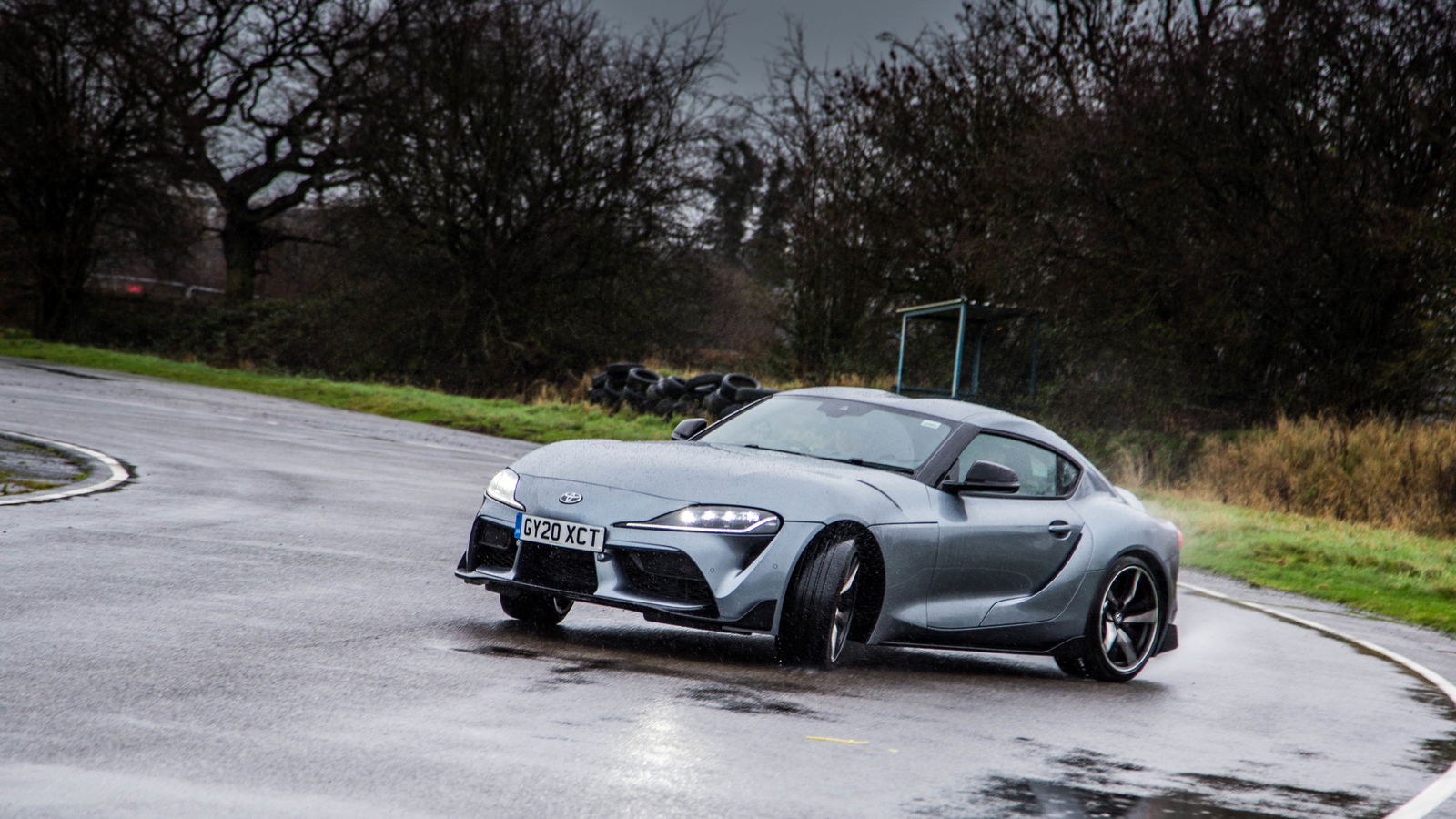
The whole point of spending more time with the Toyota GR Supra was to see if it could finally get under our skin. And three months on, it’s safe to say the ‘A90’ hasn’t quite managed it.
To drive, it’s…well…good. That should be no shock to anyone - it’s a sports car built in 2020, of course it’ll be good. However, it doesn’t make it much further than that descriptor, unfortunately. It’s just ‘good’.
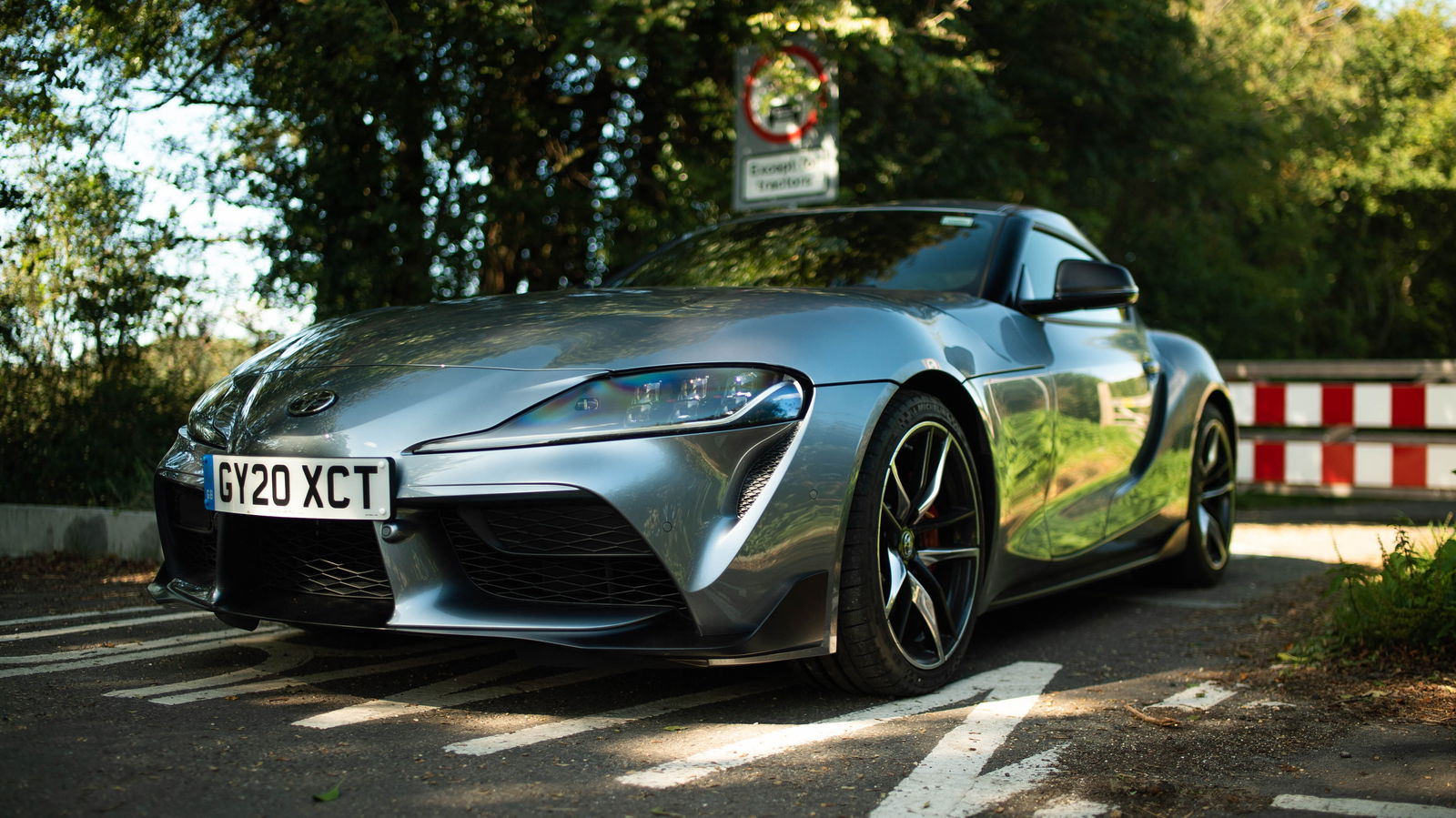
This car was built in collaboration with BMW, not BMW M, and this shows when you drive it. It’s just missing that little bit extra to make it feel special. If you approach the car with fresh hands, it feels responsive through corners; borderline nimble in some cases. However after I’ve stepped out of my little Clio 182 and into the Supra, you can really feel that 1570kg weight straining to keep itself in check. I’m told it feels much the same when switching from a sharper rival like a Porsche 718 Cayman or Alpine A110.
The electronic systems are typically German and are quick to cut in with a swift ‘NEIN!’ to the throttle body anytime things get a little lairy. With them turned off, the car feels a lot more comfortable with its weight and will give you fair warning before things start to go sideways. Once you’re dialled in, the Supra is an excellent tool for power sliding tomfoolery.
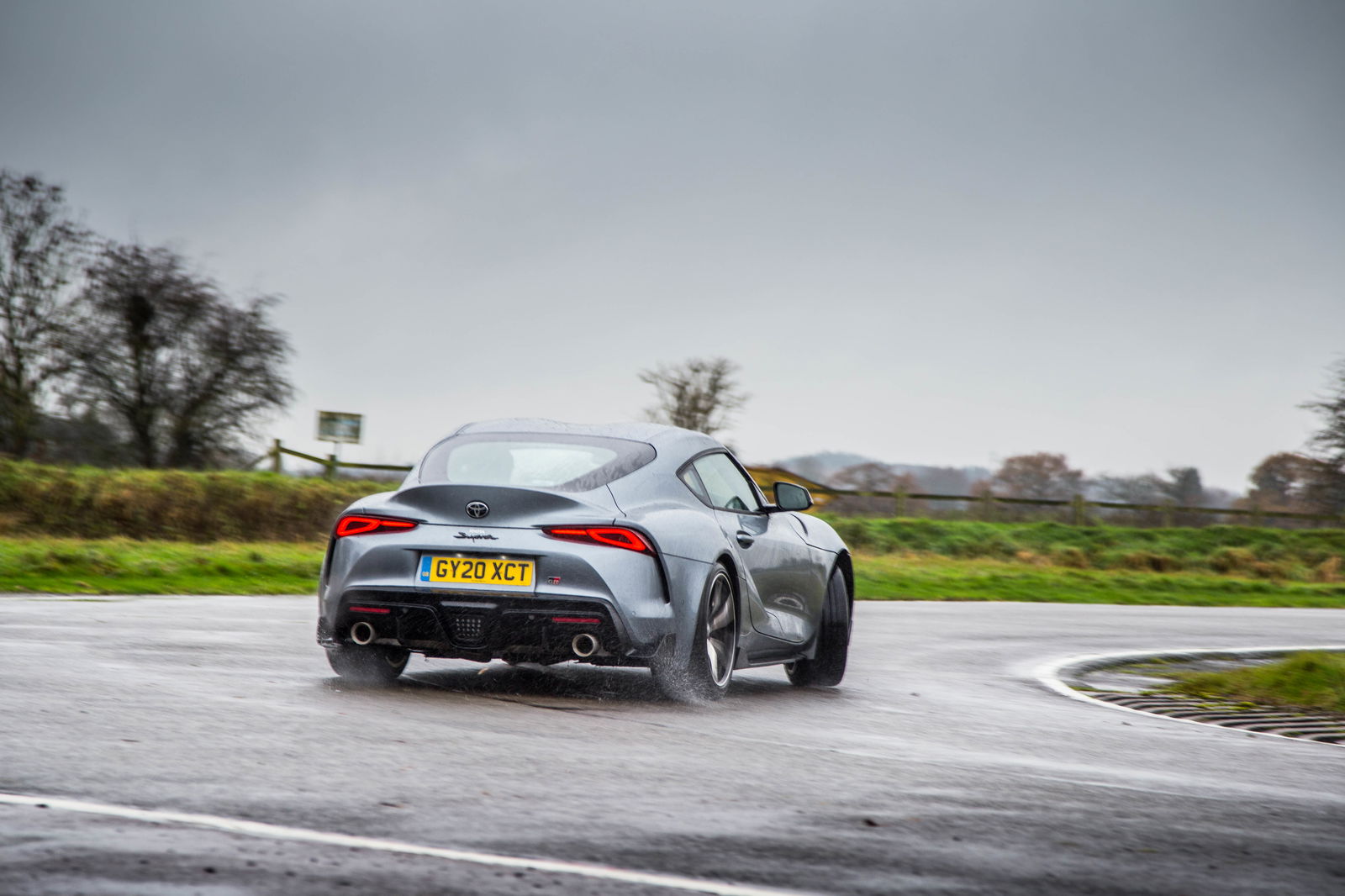
The power delivery is smooth. Almost too smooth really. There’s no fanfare to it, it just…goes. It duly accepts its task to move through the revs and when you hit the paddles to shift the eight-speed automatic, takes a moment to consider your request, reluctantly accepts it, and the monotone revs start from the bottom once more.
For my deep-seated hoon desires, I’d love for the A90 to have a manual box. It would be even more of a riot to throw around, but perhaps that’s missing the point. The A90, just like the A80, is a GT car. It always will be first and foremost, and when you realise that, it makes all the more sense why it has a middle of the road eight-speed auto box. The sort of people buying these cars at £55,000 are not the “Bro, manual 4 lyf bro. I’m just so connected with my car” types.
Despite the lacklustre noise and unremarkable way the engine behaves in stock form, the B58 engine is the perfect fit for this car. In fact, I’d like to momentarily choose a hill to die on: it is the closest thing to a modern 2JZ as you could get. Yes, I said it. Fight me.
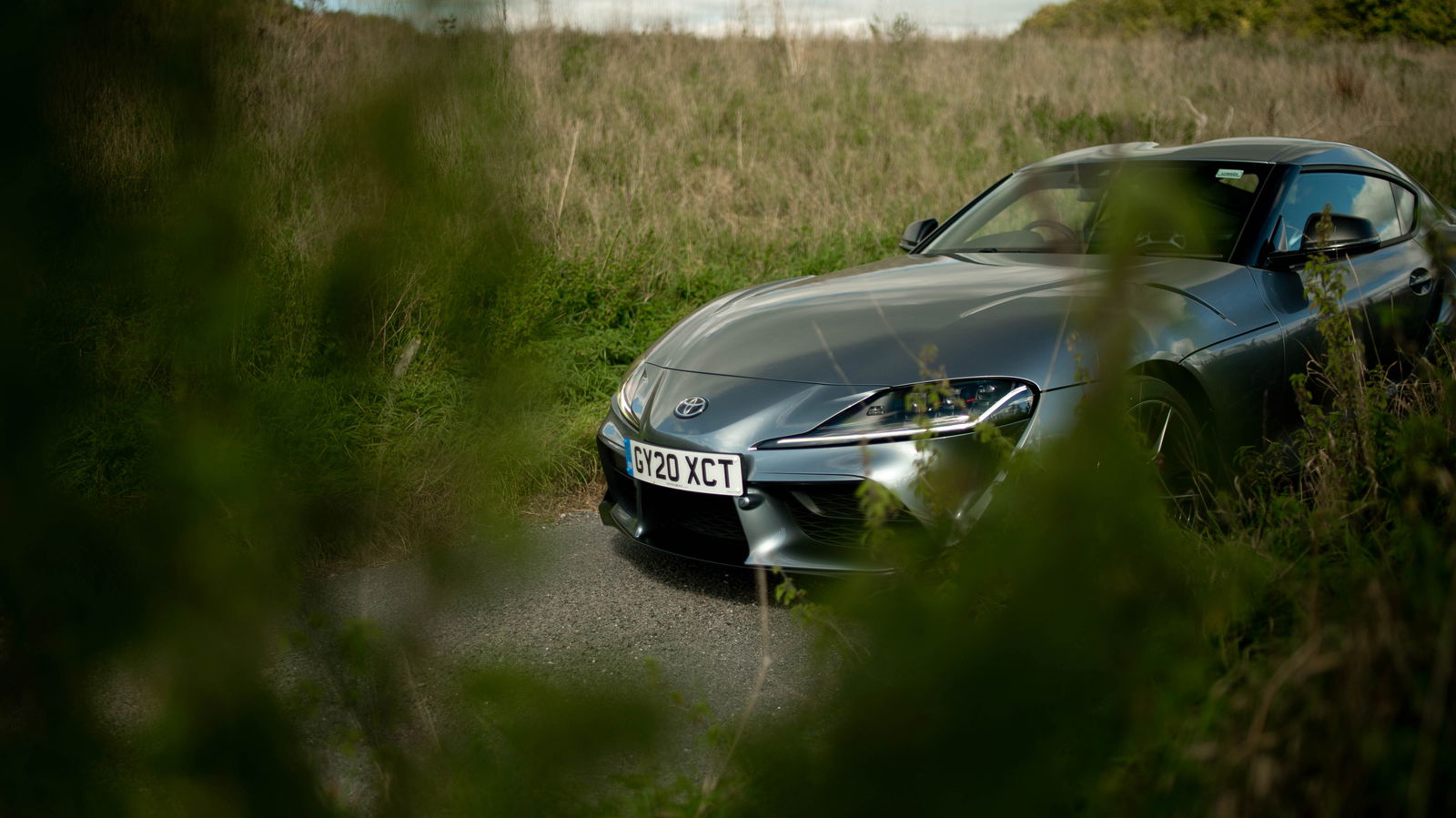
Firstly the capability of the engine has been shown time and time again. People are running 700 wheel horsepower on unopened blocks and off-the-shelf bolt-ons. And you have to remember that we’re in the infancy of this engine’s life - the 2JZ wasn’t making silly power straight out of the gate. It took tuners years to work out the right setup and yet we’re already seeing B58s doing unbelievable quarter-mile times and pulling silly dyno numbers.
Equally, you have to remember that we’re not in the 90s anymore, just as a manufacturer can’t build a car with pop-ups in 2020, there are limitations on what it can build for an engine too. Noise compliance, environmental regulations, material requirements. All of those things have to be met when building a new engine, and all that means that you couldn’t reproduce something as simple and steadfast as the 2JZ. I can assure you that if Toyota did set out to build the ‘3JZ’, the hoops to jump through would result in an engine incredibly similar to the B58. For all you spouting ‘Haha BMW reliability? That doesn’t exist’, Toyota took the B58 apart and went through every single component to check it met its own durability standards. Guess what? It did.
Plus, something that many people seem to not understand about the Supra is the ethos that the engineers have decided to go with. When the car was in development, chief engineer Tetsuya Tada spoke with the chief engineer of the NB and NC Mazda MX-5, Takao Kijima. Mr Tada stated that he just wanted to revive the Supra name and create a good sports car. Mr Kijima told him that if that was his plan, he was doomed to fail from the start.
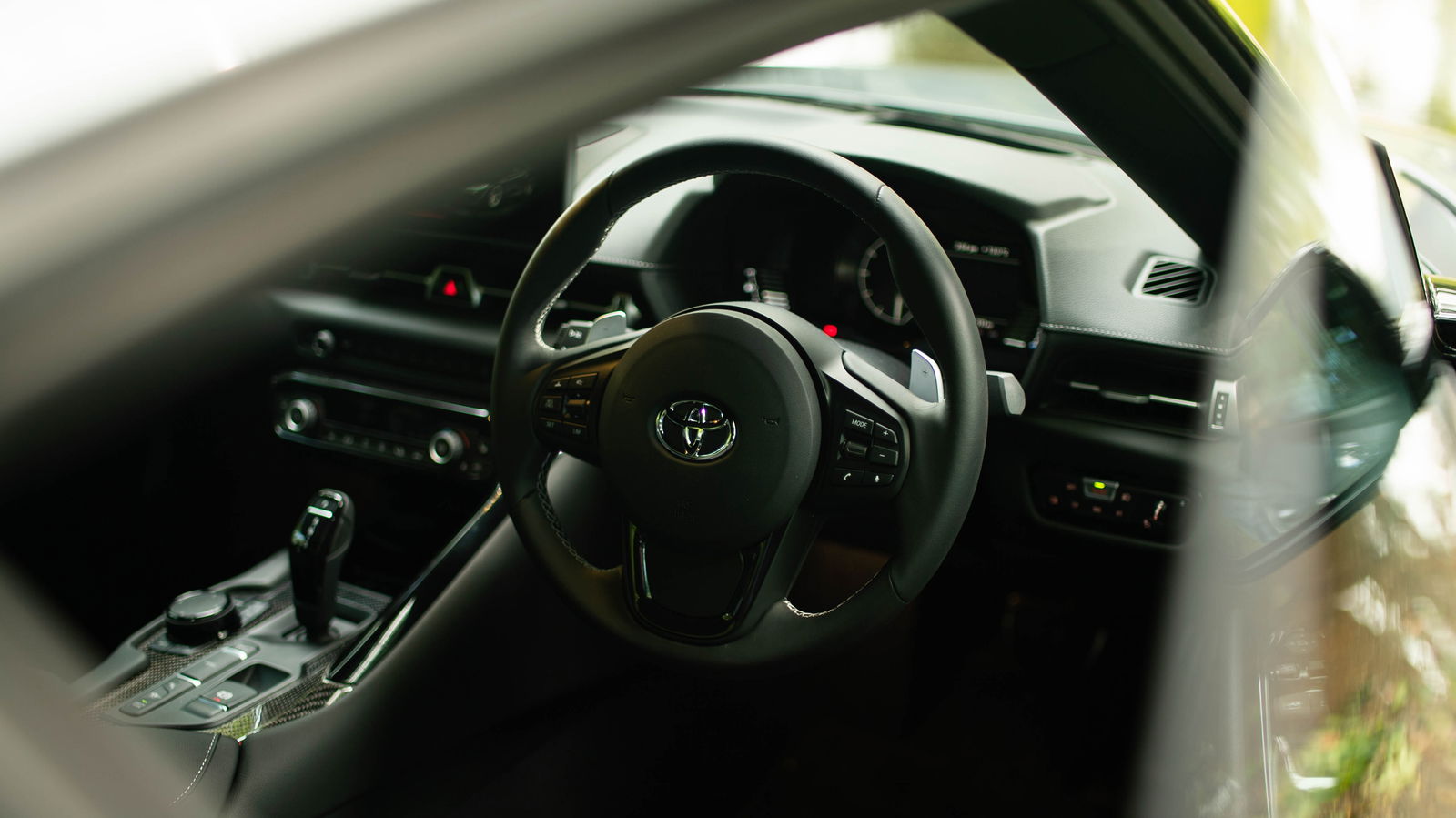
He couldn’t just make a car, release it into the wild and leave it at that. Mazda’s ethos with the NB and NC was to release the base on the first year, listen to the critiques and gripes, and then improve it every single year that the car was in production. Keeping the car up to date and preventing it lagging behind the competition.
Mr Tada took that advice to heart and you can already see it taking shape in the 2021 Supra. For America, that means more power, up from 335bhp to 382, electronic fettling for the dampers and diff, sharper steering, and more chassis bracing. All things the Supra could definitely do with.
Why am I telling you all this, then? Well, even though the Supra might not feel that special today, it’s Toyota’s first attempt. And a bloody good base on which to build the subsequent attempts too. If Toyota really intends on improving it every year and listening to feedback, I think it has the potential to be one hell of a car, and more importantly to me at least, one hell of a nod to the legacy that the MkIV left regarding ‘improving over time’.




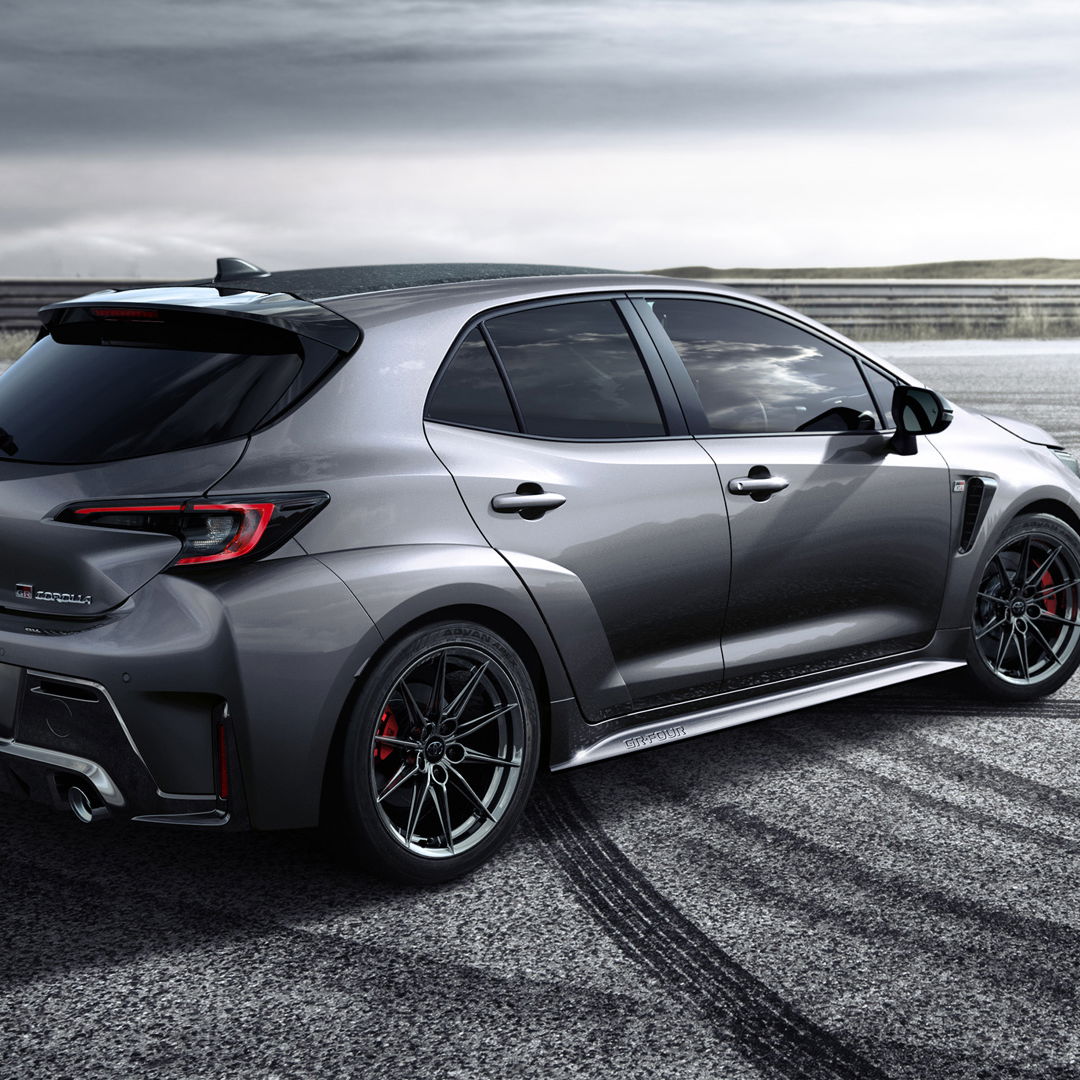
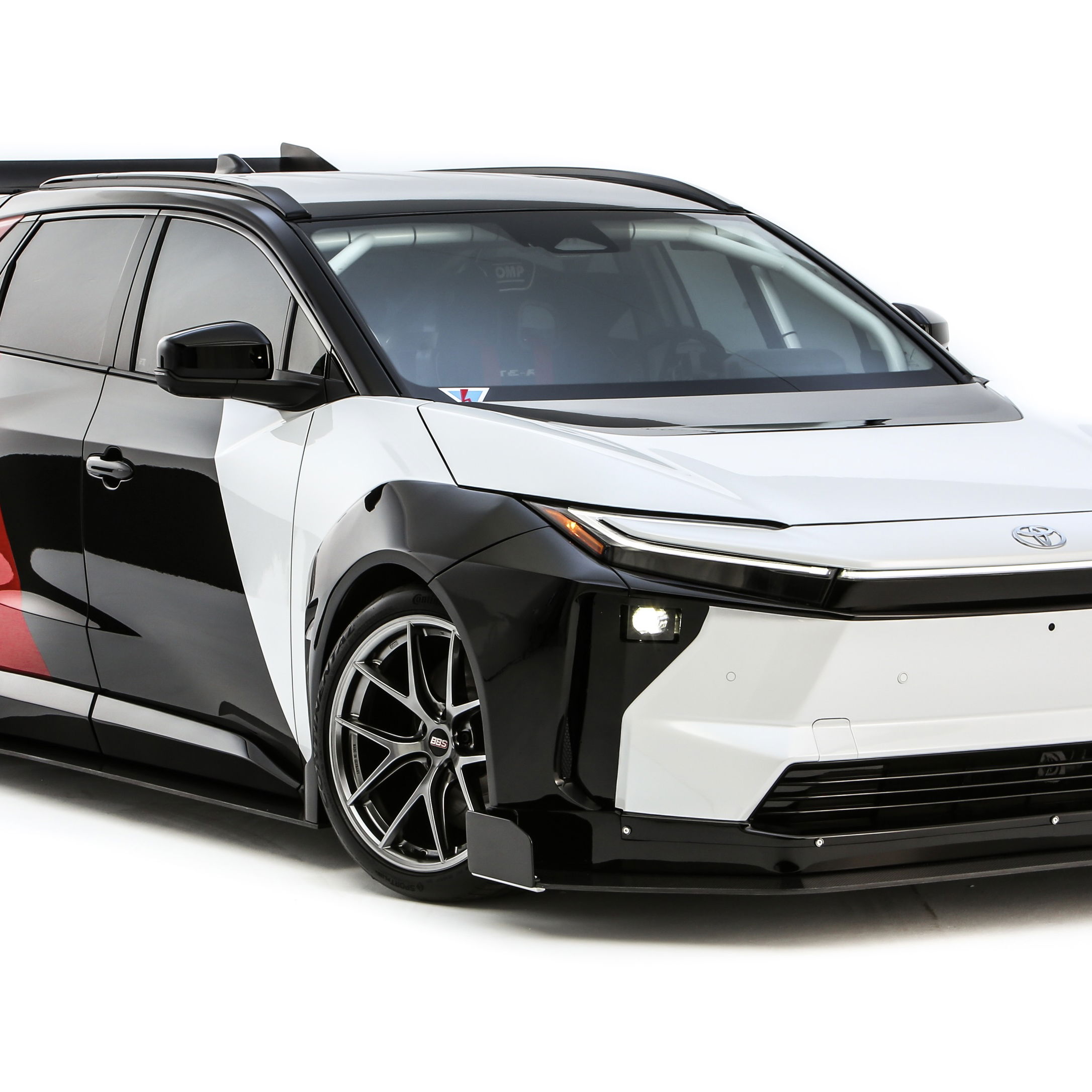
Comments
exactly. the a80 supra weren’t overwhelming from factory was it? its the tuning potential that made it so legendary
It could just be me, but I feel like I’ve read this article before. Is this a repost or am I mistaken?